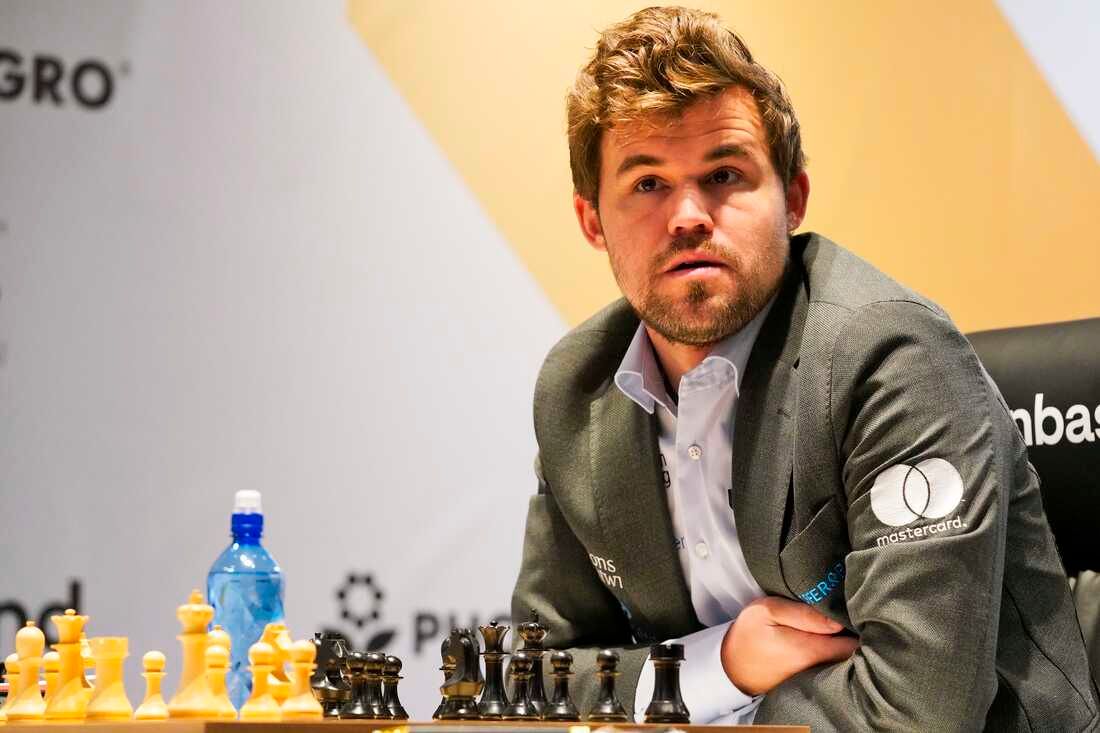Magnus Carlsen Outclasses ChatGPT in Casual Online Match

In a light‑hearted but revealing encounter, World Chess Champion Magnus Carlsen defeated OpenAI’s ChatGPT in an online game played during his travels, winning in 53 moves without surrendering a single piece. The match, shared via screenshots on social media, highlighted both Carlsen’s enduring dominance and the current limitations of conversational AI in high‑level chess play.
Carlsen casually posted the game on X (formerly Twitter) with the caption, “I sometimes get bored while travelling,” quickly sparking interest across chess and tech communities. Though unranked and played without formal stakes, the encounter offered a playful showcase of how far language models have come—and how far they still have to go—to match human grandmasters.
From the opening, ChatGPT held its own, even venturing an unconventional piece sacrifice to unsettle the Norwegian champion. However, Carlsen’s patient maneuvering in the middlegame gradually turned the tide. His final sequence—culminating in 53…Bxh5—left the AI with no practical resources, prompting a resignation: “All of my pawns are gone. You haven’t lost a single piece. You fulfilled your win condition perfectly”.
Displaying characteristic generosity, Carlsen later messaged ChatGPT: “I think you played really well in the opening, made an interesting piece sac, but failed to follow it up correctly”. In turn, the AI offered a humble post‑match analysis, praising Carlsen’s “methodical, clean, and sharp” play and noting his command of opening principles and endgame technique.
While dedicated chess engines rely on brute‑force calculation and specialized evaluation functions, ChatGPT operates as a general‑purpose language model—lacking the deep search tree and neural network architectures of AlphaZero‑style engines. Nonetheless, this friendly duel underscores a growing trend: large language models engaging in structured, domain‑specific challenges outside pure text generation.
As AI research pushes toward integrating multimodal reasoning and expert‑level modules, future conversational agents may combine natural‑language fluency with sophisticated strategic planning. For now, though, the 64‑square battlefield remains firmly in human hands—especially when Magnus Carlsen is at the helm.
Discussion
Please sign in to leave a comment
Join the discussion and share your thoughts
Loading comments...